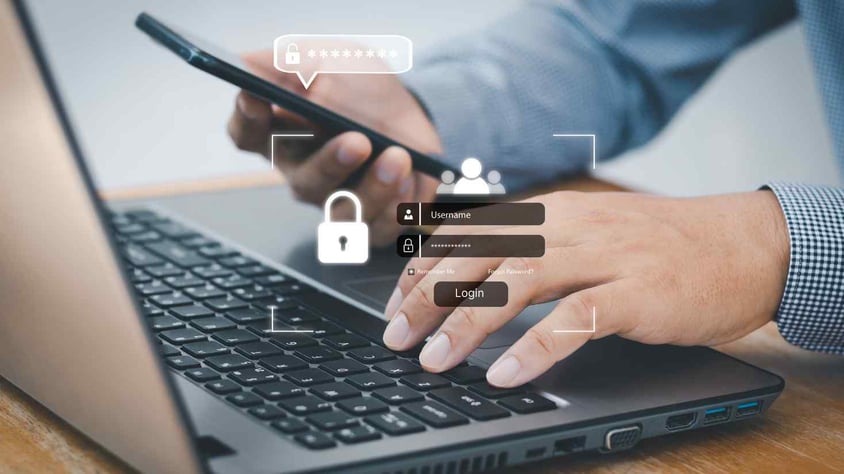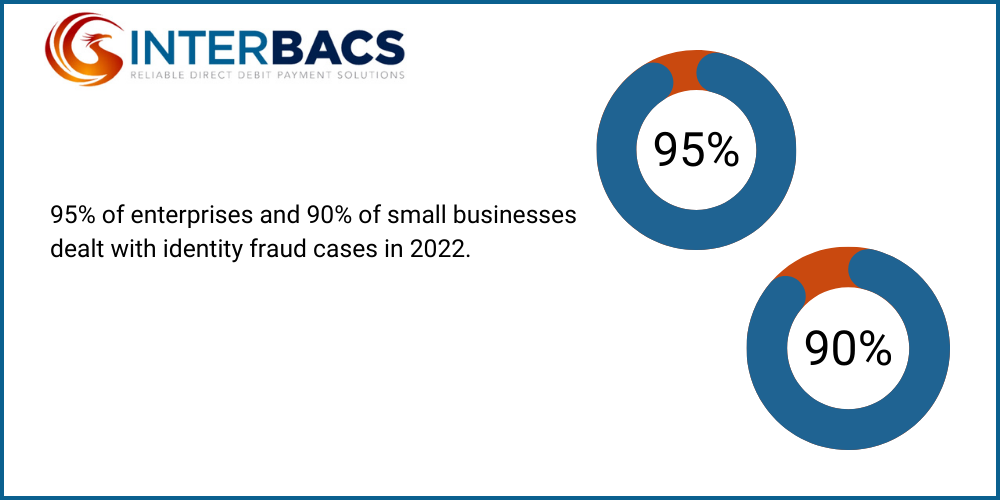Confirming that a customer’s identity precisely matches the information they’ve provided is no...

What Does Identity Verification Software Do?
Any business storing sensitive information needs a process to confirm the identities of their clients or customers. In the digital age, such a process needs to occur online, without the additional security of meeting an individual in person. Identity verification software enables businesses to achieve this goal, and comes with a range of benefits beyond that of combating fraud.
Contents
- What is the Purpose of Identity Verification Software?
- So What Does Identity Verification Software Do?
- What is the Difference Between Digital Identity, Authentication, and Verification?
- The User Experience is Modern Business
- Delivering an Intuitive Consumer Experience
What is the Purpose of Identity Verification Software?
Identity verification solutions enable businesses to affirm the identities of individuals. With the digital world increasingly shifting procedures online, such software helps to guard against the likes of identity fraud, and in a fraction of the time it would take a human to do the same. Alongside protecting individual privacy and decreasing indemnity claims, software allows a business to remain compliant in accordance with legislation.
So What Does Identity Verification Software Do?
Identity verification can take place prior to any business-to-person interaction. It may be utilised during the onboarding of new customers, or to confirm the identity of existing clients. Although different software may use different methods, standard practice will include name and address verification.
Software will compare the information provided by an individual against multiple sources. This may include electoral data, registered address history, and telephone information. Verification for building trust particularly financial services will add the likes of banking and other money-related checks.
By inspecting provided information against multiple sources, a business is doing everything within its means to verify the identity of an individual. Should anything not match up, software will flag such an event as suspicious, alerting a company and so preventing any sensitive information from being compromised. And given the fast timescales achieved by the software in making such checks, a business is also able to maintain high standards of service, keeping customers both happy, and safe.
Some 95% of enterprises and 90% of small businesses dealt with identity fraud cases in 2022 alone, so a business failing to adopt the most updated verification methods, including software, is greatly increasing their levels of risk.

What is the Difference Between Digital Identity, Authentication, and Verification?
As with most facets of the digital world, any new business shopping around for an identity verification platform will come across a variety of new terms. ‘Digital identity’, ‘authentication’, and ‘verification’ are three of these, and it’s useful to know both their differences, and their connection to each other.
Put simply, a digital identity is an online representation of an individual. This differs from a ‘regular’ identity, which would be an in-person representation. In cases of the latter, a person may be able to prove their identity face-to-face through the use of a passport, and/or driving licence, both of which contain legalised photographic evidence.
A digital identity usually requires a different set of evidence, given that digital interactions occur online, and not in-person. Without a digital identity, an individual would not be able to interact with businesses through the internet.
Digital authentication is a means of verifying the evidence provided within a digital identity. Verification software will embark on an authentication process by checking provided evidence against multiple databases and registered information. If no suspicious activity is discovered during this process, verification of a person’s digital identity is complete, and a business-to-client interaction can then follow. If ‘authentication’ describes a process, ‘verification’ is the end result.
The User Experience is Modern Business
As touched upon earlier, identity verification software has usefulness beyond its specific purpose. With the digital world opening customers up to global markets, individuals are no longer reliant on the service providers closest to their geographical location. Such an effect has triggered greater competitiveness in the business world, and firms need to establish points-of-difference to mark themselves out from their competitors.
Beyond product/service range and price point, the user experience can be a vital tool in attracting and retaining a client base. Therefore, a fast and effective identity verification process is a must when it comes to running a digital service, and dedicated software is by far the greatest means of achieving this goal.
A long, drawn-out verification process, coupled with lax security and a failure to comply with legal and regulatory requirements, is unlikely to boost customer acquisition, provide positive customer experiences or retain customers, and businesses with reputations for handling their digital services poorly will find it difficult to compete in the long term.
The number of digital identity verification checks is predicted to pass 70 billion in 2024 – a 16% rise on last year’s 61 billion – so if a business doesn’t perform necessary processes to the best of their ability, they can be sure that most of their competitors will.
Delivering an Intuitive Consumer Experience
Having access to an identity verification platform is nothing less than an essential facet, for any business offering a digital service. Our own Interpass software goes further than name and address verification by being able to verify financial accounts, and credit checks can also be run to confirm a client’s monetary standings.
Discover the difference Interpass can make to your own organisation through our insights, or book a free demo with our friendly team of experts today.


